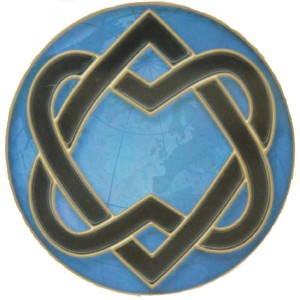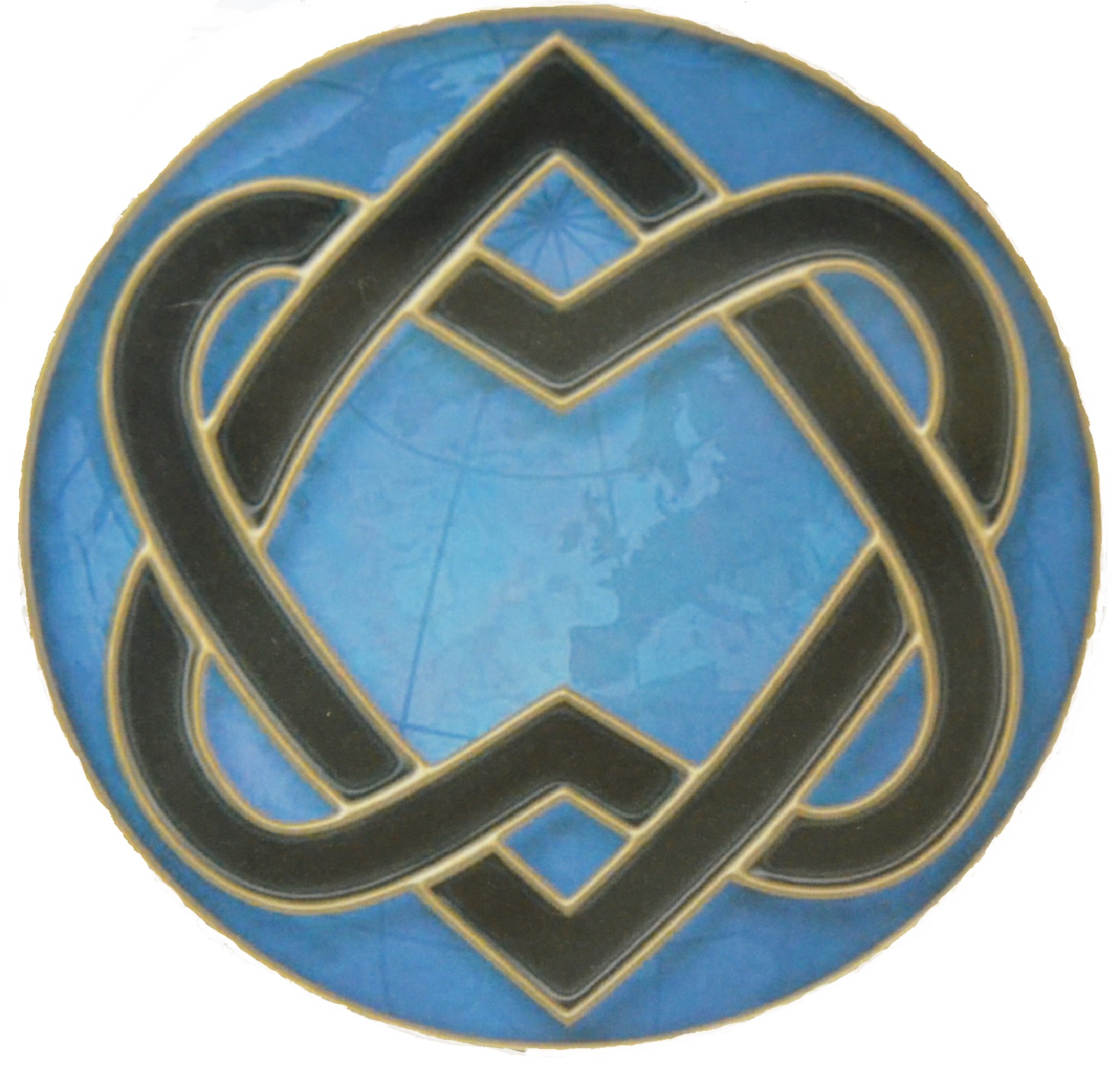Episodes

Wednesday Apr 26, 2023
Torah In a Minute: What’s the Big Deal About the Lunar Calendar?
Wednesday Apr 26, 2023
Wednesday Apr 26, 2023
Hope you're not having an Ecclesiastes month....

Monday Mar 13, 2023
The Golden Calf and the Present Government in Israel
Monday Mar 13, 2023
Monday Mar 13, 2023
Drawing on many articles, from the New Republic to Thomas Friedman, I use Nachmanides' commentary on a verse from the Golden Calf account, the verse that recounts Moshe's reaction to witnessing the events unfolding, with unflinching criticism of Aaron's (supposed) leadership, and using a rare Hebrew word to describe the scene, that sounds like the Nation is becoming Pharaoh. How apt.
Text of some of the sermon is available here.

Monday Feb 20, 2023
Jewish Law, Head Covering, and Knowing Before Whom You Stand
Monday Feb 20, 2023
Monday Feb 20, 2023
Using Rabbi Jane Kanarek's 2019 CJLS (Conservative Movement) halakhic responsum, I explain the complex development of Jewish head covering for both men and for women. Though my conclusions from the sources are a bit different from Rabbi Kanarek's --who does not address issues of relative cultural gender standards-- I, like her, agree that the vast majority of Jews are uneducated to the halakhah of head coverings in awareness of God's presence and in representing the community before God -- a basis that is essentially independent of the familiar domains of female gender modesty and male Jewish identity. Interestingly, today there is a movement of Jewish women under 50 to wear Jewish scarves and headbands, apparently in recovery of Jewish gender price and identity, but I believe many who do so are unaware of the complex roots that separate principles of hair covering and head covering.

Wednesday Feb 01, 2023
God the Stutterer, God the Reluctant
Wednesday Feb 01, 2023
Wednesday Feb 01, 2023
I've always wondered why we repeatedly pray to God to be willing to grant us Shabbat, etc. What does it mean to be willing, or to be capable of exercising one's will? Free will and the exercise of will always comes up when trying to understand Pharoah's will and heart-hardening in Shemot, and so I use sources there to answer the question. The conclusion touches on how our relationship to God is different from our relationship to Torah. God, like Moshe, may not always be speaking or willing, but the Torah always is.

Tuesday Jan 10, 2023
The Unalloyed Joy of Grandparenting
Tuesday Jan 10, 2023
Tuesday Jan 10, 2023
There are virtually no references to grandparenting in the Torah, until, by sharp contrast, we are told in Genesis 50:23 that Joseph got not only to grandparent but great-grandparent as well. I reflect upon this startling exception using two articles from the New York Times, including a recent one that describes the recent increase of adult children in their 20's becoming roommates with their grandparents.

Thursday Dec 29, 2022
Oppenheimer: The 20th Century ”Joseph”
Thursday Dec 29, 2022
Thursday Dec 29, 2022
Using the interpretations of the Rabbis (including Nachmanides and Sefer HaYashar) to understand Joseph's assimilation (in name, dress, etc.), I compare him to the American hero very recently in the news!

Tuesday Dec 20, 2022
Achieving our Dreams while Living with Anxiety
Tuesday Dec 20, 2022
Tuesday Dec 20, 2022
Yaakov's famous wrestling scene and renaming as Yisrael --one who wrestles with God and prevails-- is often understood as Yisrael wrestling with God as his opponent. The Rabbis point out how problematic this is, since the opponent is listed as a "man," not as God. Therefore some of the Rabbis see it this way: the wrestling opponent looks identical to Esav, being his guardian angel (Rashi) or his projection, and wrestling "with God" (im elohim) means wrestling with God as a supportive ally. Yaakov clearly is the Patriarch of Anxiety, and in this climax, we see a powerful message: one does not vanquish anxiety, but rather "one who prevails" is one who does what they love (say, acting, healing, teaching, parenting, etc.) while experiencing panic and anxiety at the same time. This is the powerful message which is both true according to science and according to Torah.

Sunday Nov 20, 2022
Eco-Burial and Jewish Law
Sunday Nov 20, 2022
Sunday Nov 20, 2022
Is it right to use arable land --often very expensive in populated areas -- for graves, then pollute the environment by keeping them "dignified" through maintenance and pesticides, with the hollow promise of "perpetual care," and say this is all required by Jewish Law, when Jewish Law itself is the source of the requirement for eco-decomposition and of prohibitions against costly burial? I explicate the sources using the Conservative Movement's oficial responsum, "Alternative Kevura Methods" by Rabbi Jeremy Kalmanofsky, which can be found at bit.ly/3tMa4RG

Thursday Nov 10, 2022
Listening Like It’s Shivah
Thursday Nov 10, 2022
Thursday Nov 10, 2022
In this ten minute teaching I used to begin the 10 Days of Awe, I connect several teachings. The first is the Rabbinic teaching that following a calamity upon a village, one should try to give the luxury rations to those who are used to luxury because being unaccostomed to hardship, their anguish might be even greater than others' though we are tempted to believe the opposite. The second is that during Yom Kippur, we approach ourselves and our relationships in a state of aninut, of affliction -- the same word used when one has suffered calamity, and the same word used when one is burying a loved one and then heading into the week of shivah grieving. The third is that it is forbidden to say, "How are you?" to someone who has just experienced aninut, and instead one must practice a special form of active listening. Following two years of calamitous pandemic, where many of us put on brave faces because we are scared to share our emotions due to our perceived privilege or we may not have suffered as much as others, we must acknowledge that our pain is nonetheless real, very real, and that the directives of actively telling our stories and actively listening are the imperative way forward.

Thursday Nov 03, 2022
The Spiral of Progress/History
Thursday Nov 03, 2022
Thursday Nov 03, 2022
Is the Jewish concept of history that of linear progress, or that of Ecclesiastes' cyclical vanity? This teaching was delivered during a 12-Step friendly Serenity Shabbat.

